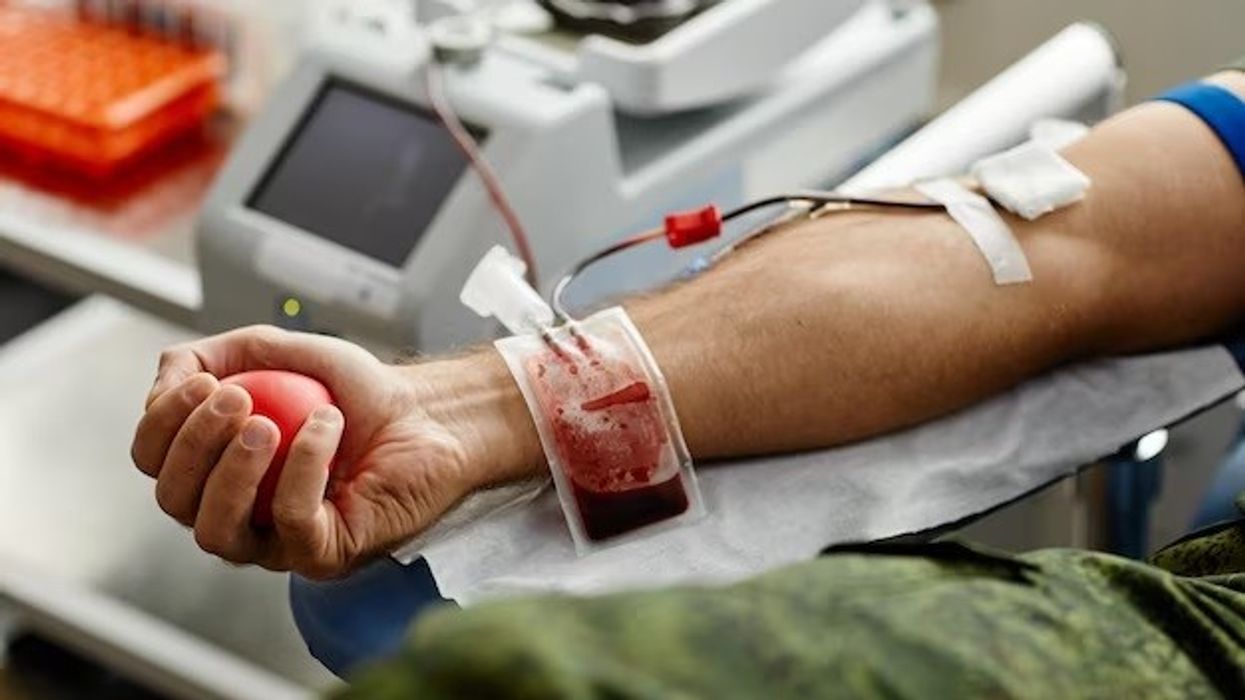The new ‘blood matching’ genetic test will reduce the risk of transfusion side effects while offering more personalised care for patients
The UK’s National Health Service (NHS) has become the first healthcare system in the world to provide a new blood group genotyping test for people with rare inherited blood disorders.
From Monday (22 January), thousands of patients suffering from sickle cell disorder and thalassaemia will get access to the world-first ‘blood matching’ genetic test, which will help reduce their risk of transfusion side effects while offering more personalised care.
In England, it is estimated that around 17,000 people are living with sickle cell disorder, with 250 new cases reported each year, and there are about 800 thalassaemia patients, with less than 50 new cases a year.
Health Minister Andrea Leadsom said: “Thousands of people living with sickle cell disease and thalassaemia will be eligible for this new world-first blood test which is set to transform their care.
“This is a huge step forward in improving the quality of life for people who are living with these blood disorders. This is another example of the NHS leading the way in healthcare.”
Sickle cell disorder can cause severe organ damage and intense pain if damaged red blood cells block vessels and restrict oxygen supply.
Thalassaemia affects the production of haemoglobin, a protein used by red blood cells to carry oxygen around the body, resulting in severe anaemia, which can be fatal if not treated.
Life-saving transfusions are commonly used to treat these blood disorders, but around a fifth of patients develop antibodies against certain blood groups following transfusion.
The new test will help find the best compatible blood for patients with complex requirements, reduce the risk of developing transfusion reactions.
It will also benefit patients living with transfusion-dependent rare inherited anaemias, such as Diamond Blackfan anaemia, a disorder that affects the body’s ability to produce red blood cells.
Hence, NHS England, along with NHS Blood and Transplant, is encouraging patients with such inherited blood disorders to have this test taken alongside their routine hospital blood tests.
“Being able to provide high-quality and more personalised care to people with inherited blood disorders is an important step forward in helping to reduce health inequalities and this innovative test will greatly improve quality of life for people living with these disorders,” said Professor Bola Owolabi, Director of the National Healthcare Inequalities Improvement Programme at NHS England.
She has urged those eligible for the test to ask their clinical teams about it and to accept, if they are invited to take part.













